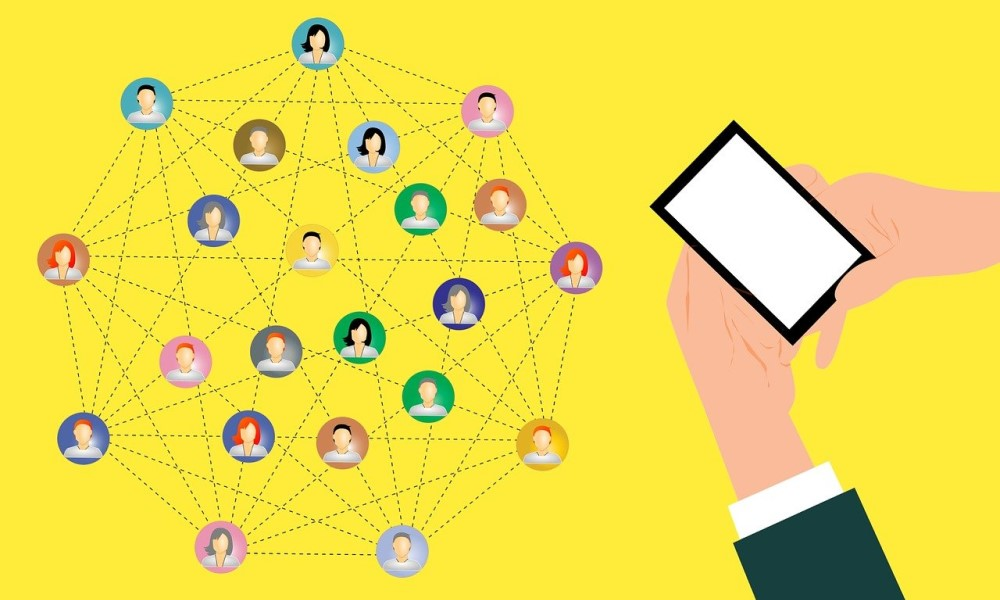Social Prime
Many people looked to social media for information and direction after the coronavirus illness (COVID-19) outbreak. There are advantages and disadvantages to this practice. These range from the propagation of false information to the crucial role social media has played in disseminating factual information and providing education on mental health. This essay examines both the drawbacks and the advantages, taking into account who may be more likely to utilize social media and, consequently, be impacted by the information shared on the digital platforms, which are now an essential part of our everyday lives.
Information is distributed and connections are maintained through the use of social media and other digital channels. However, it has been determined that the transmission of false information on social media and other digital platforms poses an even greater risk to public health than the virus itself. By weakening public confidence and detracting from efforts to stop the epidemic's spread, the issue of false information contributes to hinder the worldwide response to the pandemic.
The likelihood of mental
illness has increased due to the pervasiveness of gloomy information regarding
COVID-19 and its linked fatalities across newsfeeds on social media. It's normal
for people to use social media while they're feeling anxious. And while using
social media platforms like Facebook, for instance, users may be able to
momentarily escape their unpleasant emotions, any benefits are known to be
connected to addictive behaviors.





Comments
Post a Comment